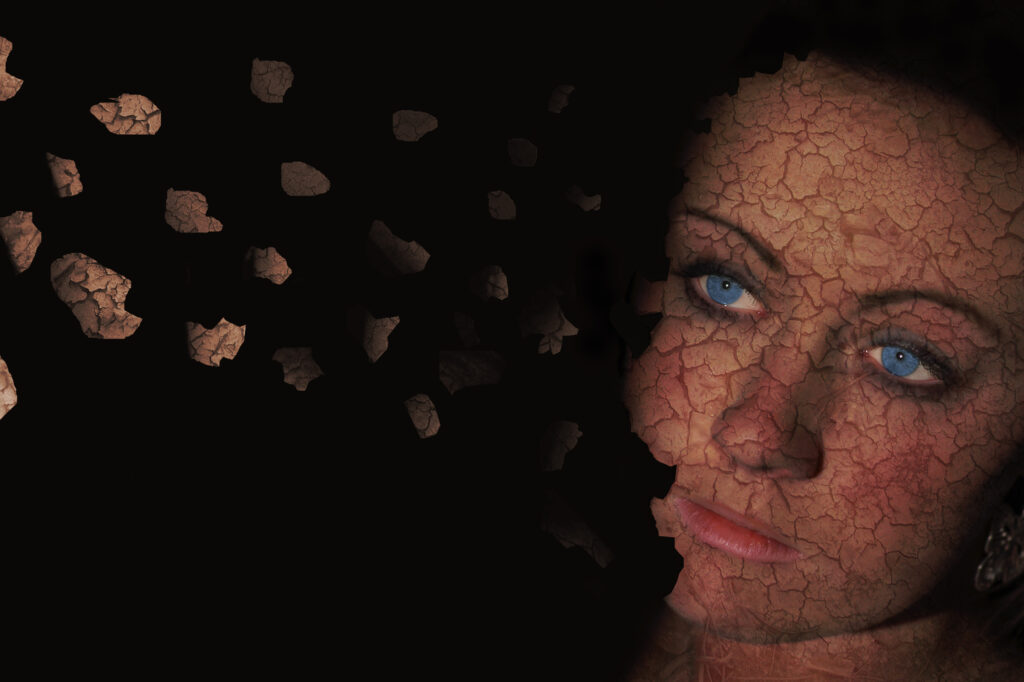I have heard from many people who are devastated over the idea that they might have Borderline Personality Disorder. The person with BPD can be in a lot of pain, but the upset I witness in people appears to be more about the stigma – they seem to feel ugly, blameworthy and ashamed.This saddens me, because I know that the person with this disorder can be as lovely and precious as anyone I would ever be privileged to meet. I tell these people that everyone has something, there are no perfect individuals to compare yourself to, and there is hope.
Psychologist Marsha Linehan who developed Dialectical Behavior Therapy, one of the most effective treatments for BPD, recently revealed that she too suffered from BPD. Her story as reported in the New York Times is inspirational and definitely worth a read, especially if you suffer from any form of mental illness.

Linehan developed the biosocial theory of the causes of BPD. It reveals that while the causes of the disorder are beyond the person’s control, they can overcome the self-destructive behaviors and emotional suffering with the right help. There can be no message more hopeful than this. Linehan sees three causes of Borderline Personality Disorder:
- biological,
- social, and
- the interaction between these two factors.
Social/Family Causes of Borderline Personality Disorder
The type of early family environment that contributes to Borderline Personality Disorder is called, “the invalidating environment.” The following examples illustrate an invalidating environment:
- If a child reports that he is hungry his parents tell him that he is not hungry, he just ate. i.e. they invalidate his inner experience.
- When a child expresses upset, the family does not pay attention, or tells him he’s making a big deal about it.
- The child’s beliefs, thoughts and preferences and ideas are not sought or taken seriously.
- The child’s emotions are not treated as important communications and do not result in the child’s needs getting met.
- The parents blame the child for her painful experiences and trivialize these experiences.
- The parents discriminate against the child based on arbitrary characteristics such as gender.
- Parents use punishment to control behavior, from criticism up to physical and sexual abuse. A history of sexual abuse is seen in approximately 75% of people with Borderline Personality Disorder
Some of the elements of the invalidating environment (but not abuse) can actually be useful and helpful to some children at some times. But taken together and combined with the biological predisposition, BPD can result.
Biological Causes of Borderline Personality Disorder
There are two types of biological causes of BPD:
- Emotional vulnerability, and;
- Difficulty modulating emotions.
Emotional Vulnerability
Someone who is emotionally vulnerable is someone whose body is very highly physically sensitive to emotions. Physical sensitivity to emotions means that:
- The person’s sympathetic nervous system is easily triggered by emotions;
- The reaction in the body is very intense, and;
- It takes a long time for the person’s bodily response to “go back to normal” after being triggered.
This is one reason why people with Borderline Personality Disorder may experience panic attacks and other mood swings.
Emotional Modulation Problems
Difficulty modulating emotions is the second biological cause of Borderline Personality. Difficulty modulating emotions means:
- Finding it difficult to not act immediately in response to strong emotion, even if the action is destructive;
- Being unable to continue working towards goals in the face of strong emotions;
- Being unable to make oneself feel better in the face of strong emotions, and;
- Being unable to distract oneself from strong emotions.
There is no single cause for these two biological, predispositions for Borderline Personality. For some, it could be hereditary but for others there could be other, acquired causes.
Summary
The presence of a high physical sensitivity to emotions and difficulty modulating emotions predisposes people to Borderline Personality Disorder. When the family environment is invalidating, the physical sensitivity and invalidating environment interact with each other and can cause Borderline Personality Disorder. Effective treatment, especially Dialectical Behavior Therapy can help people get relief from their symptoms and lead a happy, productive life.
Source: Linehan, Marsha M. Skills Training Manual for Treating Borderline Personality Disorder, New York: The Guilford Press, 1993.
This article is not a substitute for personal mental health treatment. Please see your doctor or mental health professional if you have troubling symptoms.
©Lisa C. DeLuca, all rights reserved. It is a violation of copyright law to reproduce this work on the web or in print (other than for personal use) without permission from the author. This article was originally published on the web in 2008 and revised on 5/2/2013. Please contact the author with your reprint request.

Pingback: “Tough on Crime” works, just like the Sun goes around the Earth | The Fifth Columnist